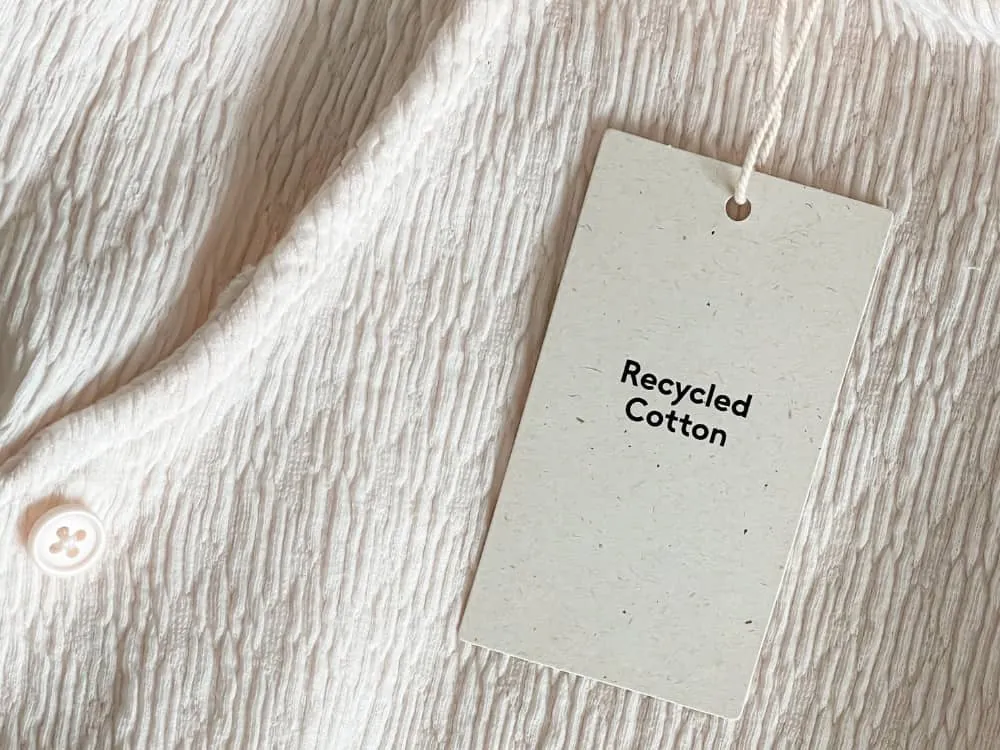
Eco-friendly fabrics are materials produced with minimal environmental impact, emphasizing sustainability, resource efficiency, and ethical practices. These fabrics often incorporate organic fibers, recycled materials, or innovative processes that reduce energy consumption and waste. With the fashion and textile industries striving to become more sustainable, eco-friendly fabrics have become a cornerstone for brands and designers aiming to lower their ecological footprint.
Looking for high-quality eco-friendly fabrics? Visit Recovo’s marketplace to source deadstock materials that are affordable, sustainable, and perfect for your projects.
Several types of eco-friendly fabrics are available, each offering unique benefits:
Recovo’s marketplace offers an extensive range of deadstock eco-friendly fabrics, allowing you to source responsibly while cutting costs.
Choosing eco-friendly fabrics has numerous benefits for both the environment and your brand. These fabrics typically require fewer resources to produce, generate less pollution, and reduce waste in landfills. Additionally, their production often supports ethical practices, such as fair wages and safe working conditions for workers.
Sourcing deadstock eco-friendly fabrics amplifies these benefits by giving unused textiles a second life, further reducing waste. At Recovo, you can find premium sustainable materials at affordable prices, making eco-conscious production more accessible.
Selecting the right eco-friendly fabric for your project depends on factors like texture, durability, and functionality. For example, organic cotton is ideal for casual wear, while Tencel is perfect for elegant garments. If you’re creating accessories, recycled polyester or Piñatex might be excellent choices. Always consider your production’s sustainability goals and the fabric’s lifecycle impact.
Recovo’s user-friendly marketplace simplifies the sourcing process, offering detailed information about each fabric to help you make informed, sustainable choices.
Recovo’s deadstock fabric marketplace is your go-to platform for sourcing high-quality, eco-friendly textiles. By choosing deadstock materials, you save money, reduce waste, and support a circular fashion economy. Explore Recovo today to find the perfect eco-friendly fabrics for your next
Recovo creates circular solutions for the fashion industry. We cover various aspects of the circular economy for brands:
Based in Barcelona, we have a global mission with our websites in Spanish, English, Portuguese, Italian, French, dutch, German
If you want to know more, please contact us